Discover how to beat the rising costs of public EV charging which has surged by 50% since the beginning of the energy crisis, making it more costly than refuelling with petrol or diesel. Stay informed and plan ahead for your EV charging needs.
The reason for this steep price hike is the soaring cost of wholesale gas and electricity, which has driven up the cost of charging a typical electric car. The RAC has stated that the average price per kilowatt hour (kWh) of a UK rapid charger is now 70p, although it can be much higher. ZapMap has a rapid charging average cost of around 79p per kWh and they see that the slow/ fast charging prices are averaging at 49p/kWh, a rise of 14% on rapid charging and 17% on slow charging since September 2022.
Ubitricity
Ubitricity, the electric vehicle charging service provider, has a standard pricing rate for their service which has recently been reduced from 49p to 45p per kilowatt-hour (kWh) for 21 hours of the day.
Their reduced standard rate will be available to all customers during the specified time period. However, the company has introduced peak pricing between the hours of 4 pm to 7 pm, where the cost of charging will increase to 79p per kWh.
Despite the introduction of peak pricing, Ubitricity’s customers will still benefit from lower rates for the majority of the day, as all charging outside of the 4-7 pm time window will be charged at the standard rate of 45p per kWh, encouraging more electric vehicle usage during off-peak hours and help to reduce the pressure on the grid during peak demand periods.

Pod Point
Pod Point has been around for a while now, providing both domestic and commercial charge points which can be found at Premier Inn and Mcdonald’s, as well as Tesco and Lidl supermarkets across the country. Prices vary but as an example, their rapid chargers across the network with Tesco offer Fast or Rapid charging at 28p /kWh and at price for charging at Lidl is 40p /kWh.
BP Pulse
They offer a great sign-up deal which will unlock £45 charging credit and BP Pulse membership offer low prices for just £7.85 (inc VAT) per month. Charging prices vary, with members receiving discounts and free use at selected points. The BP Pulse app enables contactless payment or access card payment.
Subscribers and members pay between 44p and 67p per kWh. Guests or Contactless users between 57p and 79p per kWh, depending on power delivery.
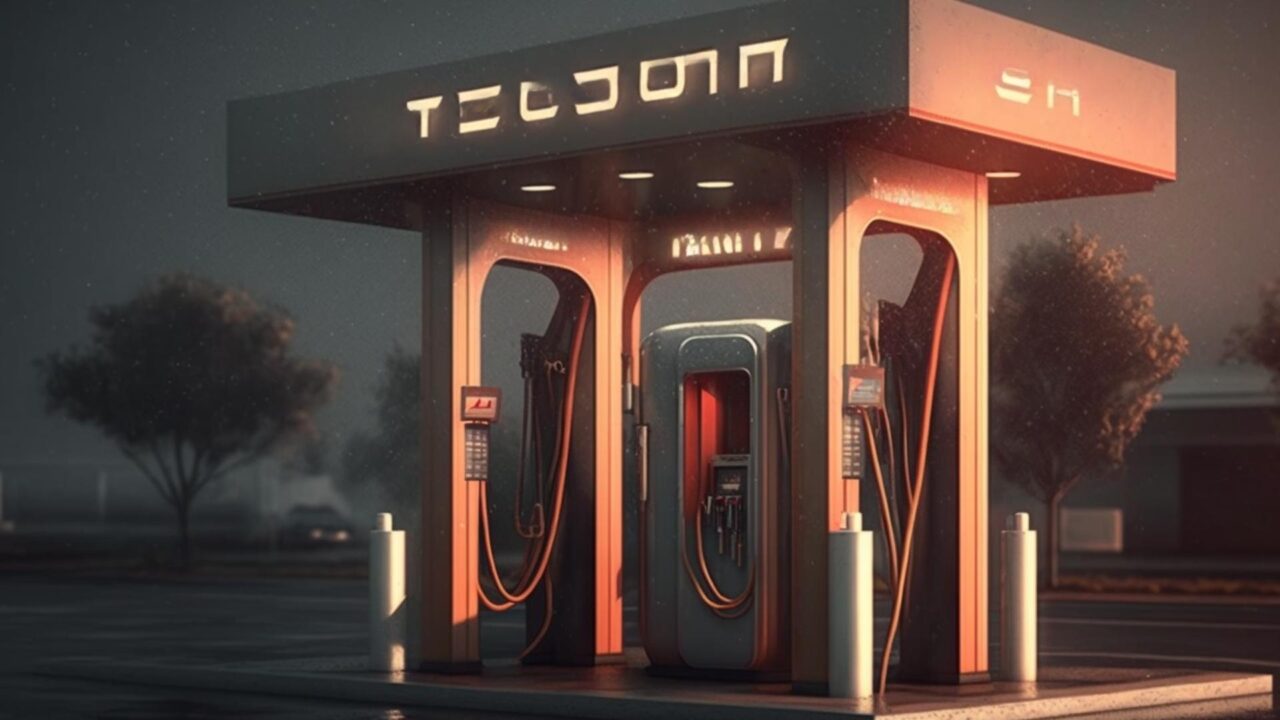
Gridserve
Gridserve is expanding at an astonishing pace and has taken over the Ecotricity network. They offer three price bands £0.49 per kWh for ‘low’ power chargers (up to 22kW), £0.64p per kWh for ‘medium’ power (up to 60kW), and £0.66 per kWh for ‘high’ power (up to 350kW). And if you’re charging at one of the Electric Forecourt sites, you’ll pay a flat rate of just £0.65.
Chargeplace Scotland
Chargeplace Scotland, developed and owned by the Scottish Government, offers a network of EV chargers across Scotland, as part of the BP Chargemaster network. Charges vary, with some points being free, and others costing an affordable £0.19 per kWh with a minimum charge of £1.00.
Fast charging (up to 7-22kW) is typically £0.30 per kWh, and rapid charging (50kW and above) ranges from £0.45 to £0.85 per kWh.
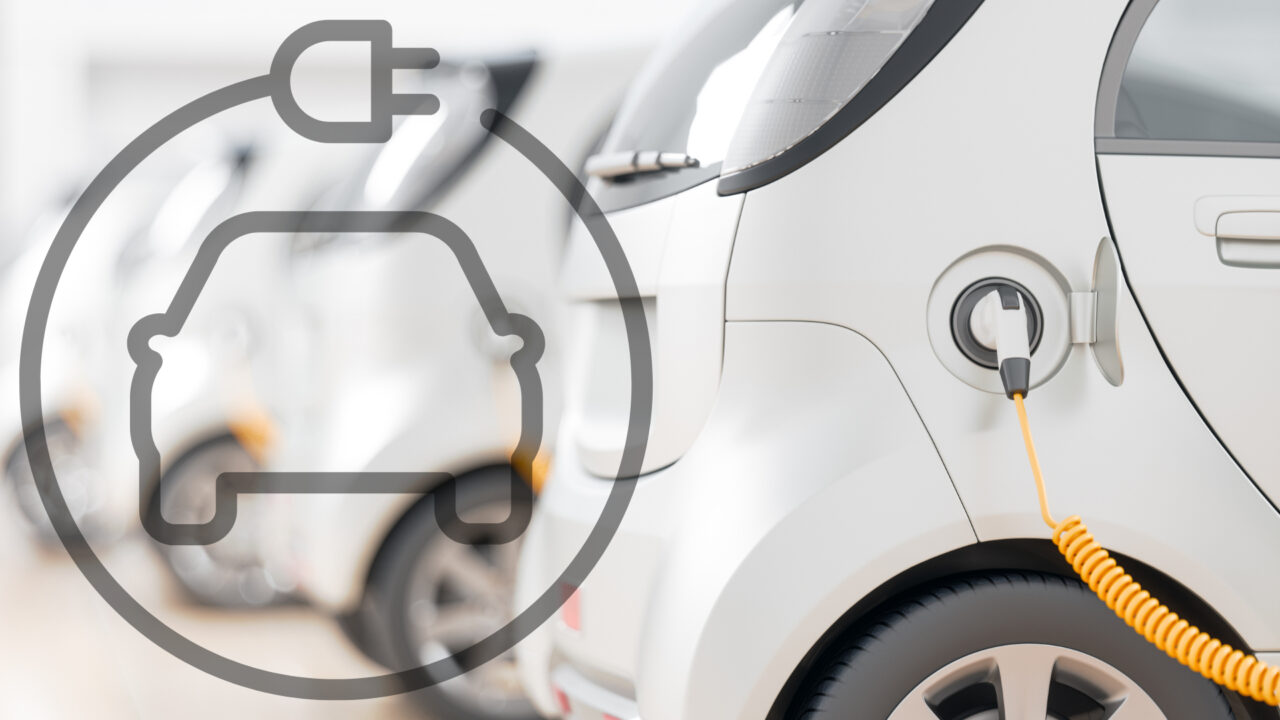
Char.gy
Char.gy, a UK-based electric vehicle charging network, has announced its Pay As You Go pricing model. With no commitment required, this model allows EV drivers to use Char.gy’s charging services as and when they need them.
Under this model, the company has introduced two different tariffs. The first tariff is applicable during the night hours, from 12 am to 7 am, where customers can benefit from a reduced rate of 29p per kilowatt-hour (kWh). The second tariff is applicable during the day hours, from 7 am to 12 am, where customers will be charged at a rate of 65p per kWh. With this new pricing model, Char.gy aims to provide flexibility and affordability to its customers while also encouraging the use of EVs during off-peak hours to reduce the strain on the grid during peak demand periods.
Shell Recharge
Shell Recharge, the electric vehicle charging service provided by Shell, currently offers 119 charging points across the United Kingdom, including 65 rapid charging stations and 54 ultra-rapid charging stations. The company has made a commitment to expand its network by installing an additional 5,000 charging points by the year 2025.
Shell Recharge has a pay-as-you-go pricing model, with no subscription fee. The cost of charging at their stations varies based on the type of charger being used. For the Shell Recharge rapid chargers, the cost is £0.79 per kilowatt-hour (kWh). For the Shell Recharge ultra-rapid chargers, the cost is slightly higher at £0.85 per kWh. Despite the difference in cost, the absence of a subscription fee means that customers only pay for the energy they use. Shell Recharge aims to provide a convenient and accessible charging service to EV drivers while also contributing to a greener future.
Tesla
Tesla, the electric vehicle manufacturer, offers its customers a unique pricing model for charging their vehicles. Tesla owners can enjoy the first 1,000 miles of charging per year for free. After this threshold is reached, the charging cost ranges from £0.22 to £0.32 per kilowatt-hour (kWh), depending on the location.
Non-Tesla customers can also use the Tesla charging network, but they must pay a monthly membership fee of £10.99 to access the service. As members, non-Tesla customers benefit from a lower per kWh rate than non-members. The cost of charging during off-peak hours is around £0.54 per kWh, while on-peak hours have a slightly higher cost of around £0.71 per kWh.
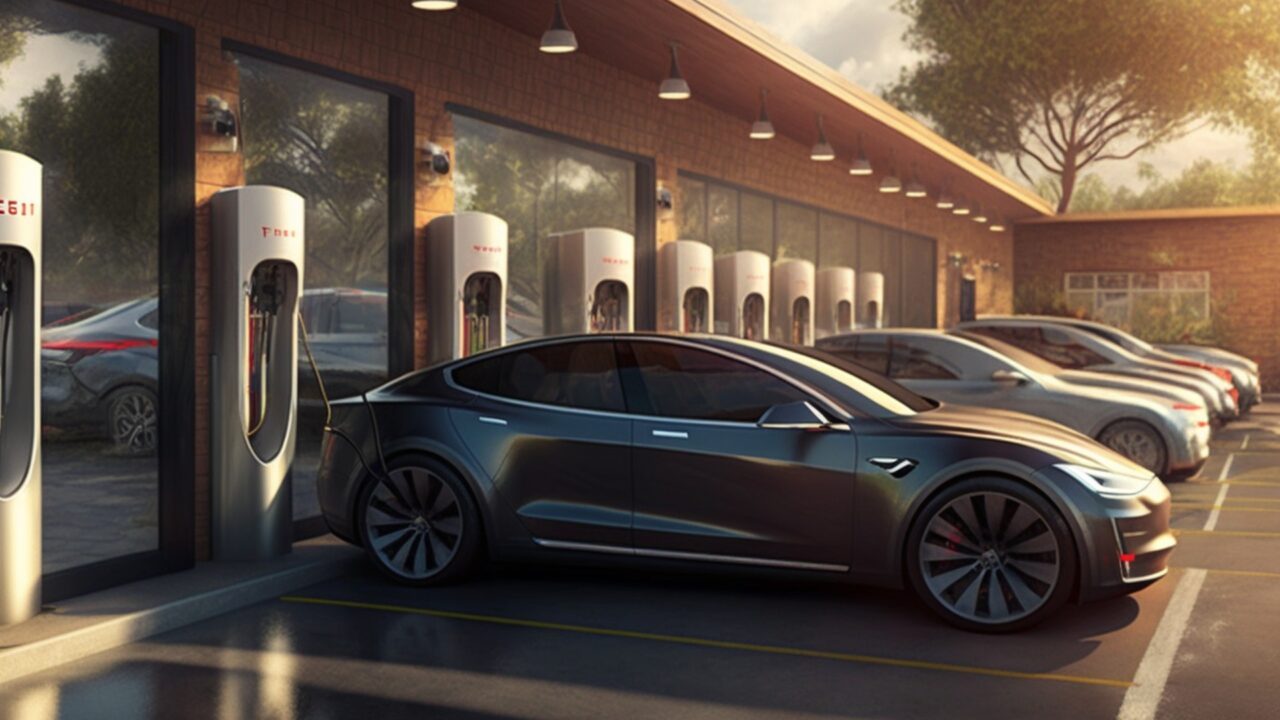
Instavolt
InstaVolt has plans to install 10,000 rapid EV chargers by 2032, to make it the second-largest rapid charging network in the UK as of June 2022. The price to charge is £0.75 per kWh, which is not cheap, but the machines are reliable and easy to use, providing a positive experience for drivers and with a great reputation so you can just turn up and tap to use the rapid chargers.
GeniePoint
GeniePoint, a UK-based electric vehicle charging service, offers a flexible pricing plan for its customers. Those who choose to charge their EVs between 8 am and 8 pm will pay a flat rate of 75p per kilowatt-hour (kWh). This pricing scheme applies to both registered drivers and those using guest or contactless payment options. if you start your charge at or after 8 pm or before 8 am, you will be able to charge at 57p per kWh. You also need to watch out for the overstay fee of £10.00 for those who exceed 90 minutes.
Other Networks
When it comes to some of the smaller networks in the UK, here is an example of the prices of their EV charging networks in the UK:
Ionity is a popular charging network charging £0.35 per kWh with a monthly contract of £16.99, or £0.69 per kWh on an ad hoc basis and charging is available via app or through contract payment at their 16 locations.
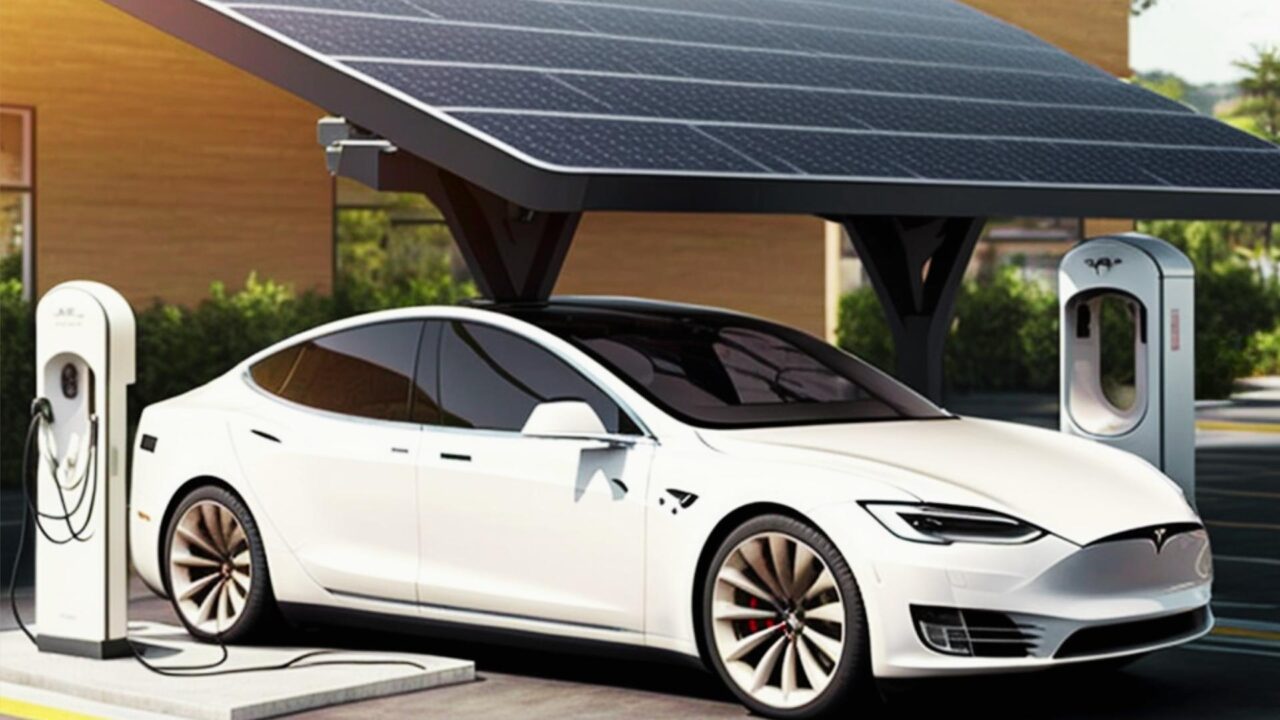
Fastned are committed to using 100% renewable energy with a cost to charge of £0.73 per kWh, and members paying the £9.99 monthly subscription can access a lower rate of £0.45 to 0.50 per kWh.
Osprey networks are well-lit and disability-friendly and the cost to charge is £0.79 per kWh with pricing varying from 66p per kWh.
Chargeyourcar (CYC) has a minimum charge of £1 and prices per kWh starting at £0.20 with a membership cost of £20 per year.
The cost of charging an electric vehicle is closely tied to the price of energy, and as energy prices fluctuate, so too do the costs of charging. Some charging networks have attempted to mitigate these fluctuations by offering fixed pricing plans or monthly subscription fees.
With renewable energy sources becoming increasingly affordable and accessible, though, it’s possible that charging costs may become more stable in the long run.
You can see a more up-to-date guide to EV charging in the UK by following the link here.
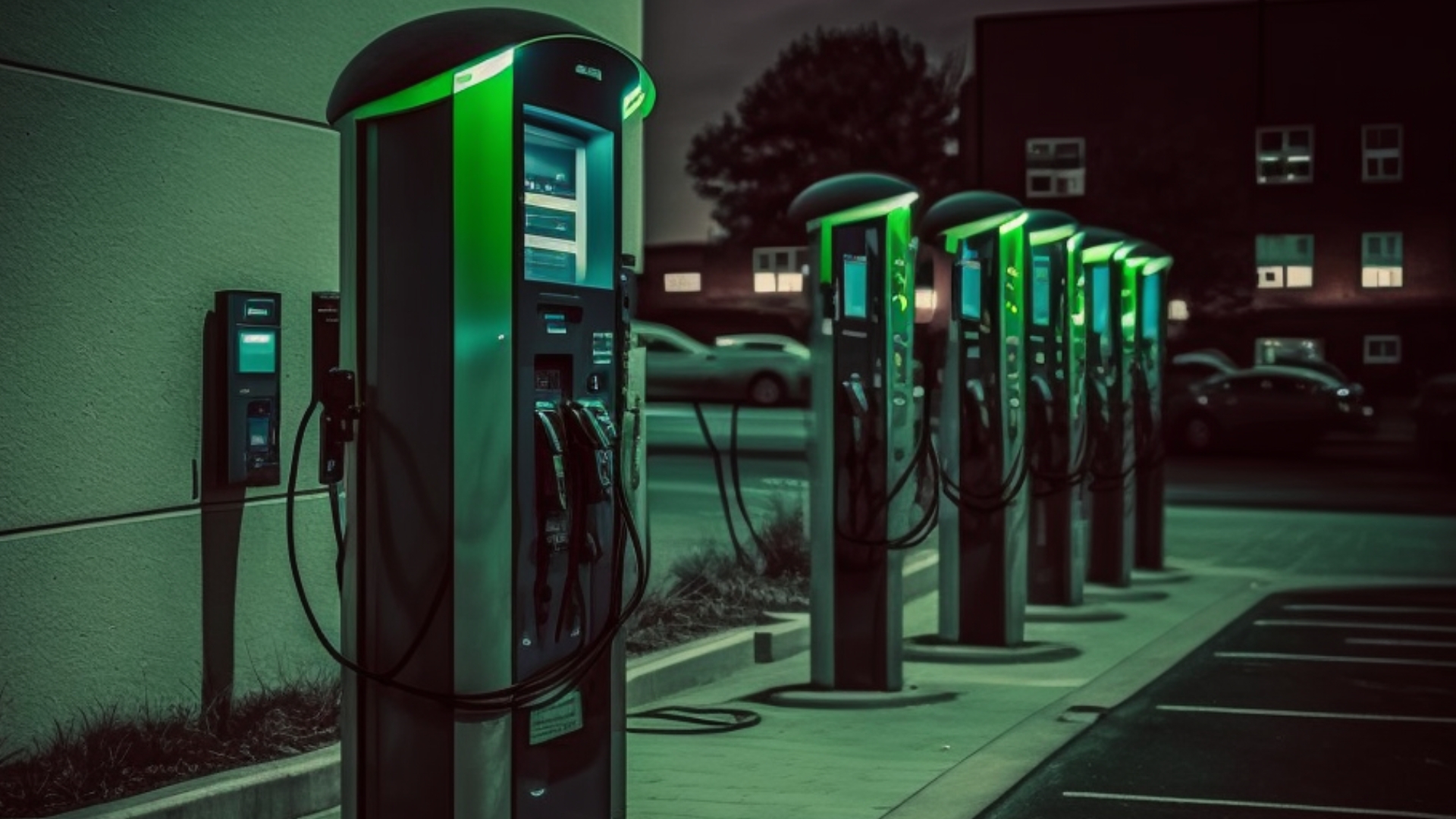
3 thoughts on “How to Get the Best Value Public EV Charging”
Comments are closed.